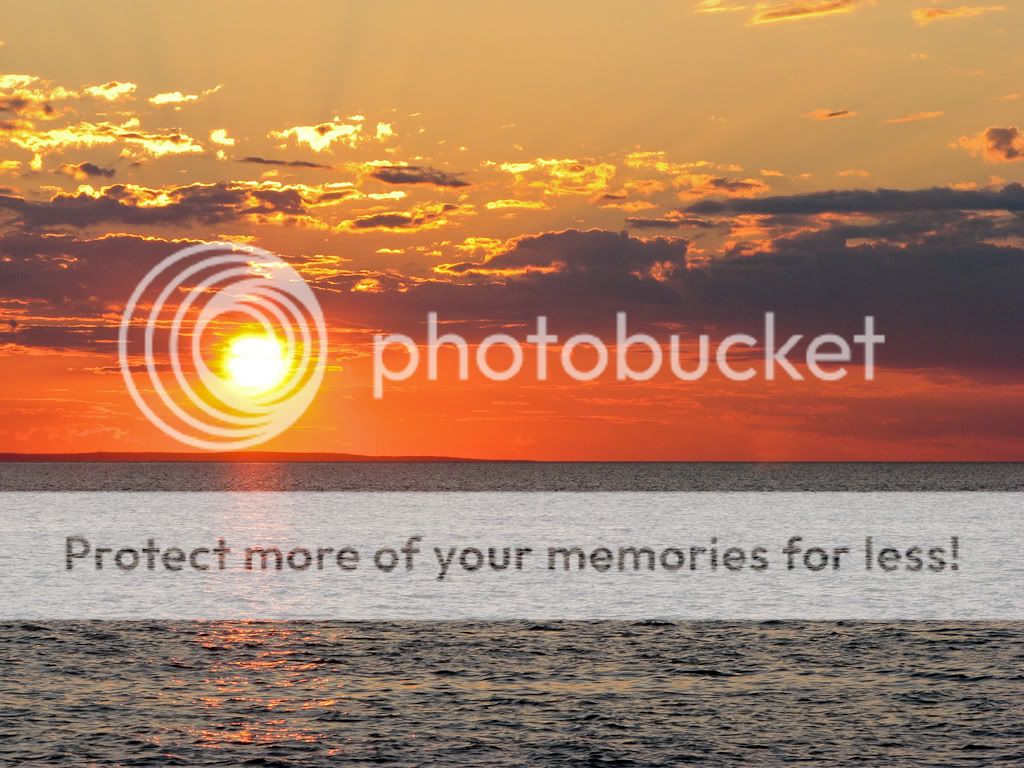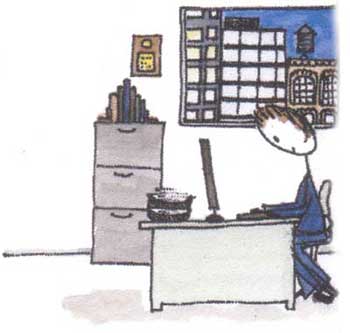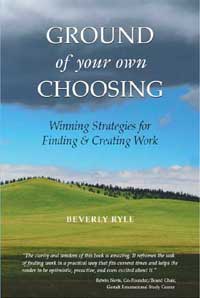Tag
Secret Sauce

An often cited rule in business claims that the three secrets of success are location, location, location. But there are places which are not ideally situated and which are yet able to beat the odds.
Belfast, Maine, for example.
Belfast’s stately homes and brick buildings were constructed in the 19th century with wealth from shipbuilding and maritime commerce. When these industries faded in the 20th century, the town survived by turning its waterfront into a home for poultry, sardine, and potato processing plants. Then, with the decline of manufacturing, it turned to tourism, until in 1962 Route 1, Maine’s coastal highway, was rerouted west of downtown.
It felt like a death blow, but Belfast was once again able to reinvent itself. It understood that the bypass actually had the benefit of preserving the city’s historic character and relaxed, small-town feel, and since the 1980s this hidden gem near the top of Penobscot Bay has enjoyed a rebirth as an arts and cultural center, attracting visitors (like me) who are willing to go a little out of their way to experience its authenticity.
How Old Would You Be…?
 Every few years or so, I engage in some form of creative exercise to refresh and renew my business (and myself in it).
Every few years or so, I engage in some form of creative exercise to refresh and renew my business (and myself in it).
I knew it was time to redo my website when I didn't feel comfortable sending potential clients to it because it looked out-of-date and cluttered.
The idea of getting started on a new site was exciting to me, so I was surprised that it led to a sleepless night of thrashing and telling myself I was crazy to be reshaping my business identity at an age when most people have already retired.
This sudden attack of self-inflicted ageism was particularly disconcerting because most of the time I like my age (I'll be 70 in November). I rarely hear myself saying, "I'm too old for ..." (except in-line skating, which I ruled out after I was diagnosed with osteoporosis).
Same Engine
 My daughter and her boyfriend were devastated at the thought of no more music from The Grateful Dead after Jerry Garcia died (August 9, 1995) and so they not only breathed a sigh of relief when they heard that the remaining members of the band were to perform with the San Francisco Symphony—they loaded up and headed out.
My daughter and her boyfriend were devastated at the thought of no more music from The Grateful Dead after Jerry Garcia died (August 9, 1995) and so they not only breathed a sigh of relief when they heard that the remaining members of the band were to perform with the San Francisco Symphony—they loaded up and headed out.
The trip from the East Coast was a particularly grueling one. They took the southern route across Texas and Arizona and when they reached the California coast they discovered that El Niño had washed portions of it out to sea, forcing them to detour inland.
They found relief from the long days of driving and nights of primitive camping by seeking out some affluent California town much like the one they came from (Ridgefield, Connecticut) with a gym for bathing and an upscale coffee shop where they could plug into a homelike environment and talk to the locals.
What’s Open?
 On outer Cape Cod where I live there is the summer tourist season, when every business has more than they can handle, the fall “tour-bus” season, which some businesses stay open to accommodate, and the off-season when any discussion of where to go starts with, “What’s open?”
On outer Cape Cod where I live there is the summer tourist season, when every business has more than they can handle, the fall “tour-bus” season, which some businesses stay open to accommodate, and the off-season when any discussion of where to go starts with, “What’s open?”
I’ve grown used to the limitations that go with living year round in a summer vacation destination, but I didn’t expect to find the same problem on a recent visit to Washington DC which happened to coincide with the first day of the government shutdown.
All the places I’d hoped to visit—the National Gallery, the World War II Memorial, the Holocaust Museum, the National Arboretum—were closed, so I said to myself, I need to do what I do all winter—direct my attention to what’s open.
Apples to Oranges
 During July and August the bayside beaches of Cape Cod are prime destinations at sunset. It's the best show in town and tourists and locals alike flock to it.
During July and August the bayside beaches of Cape Cod are prime destinations at sunset. It's the best show in town and tourists and locals alike flock to it.
The other day, as sunset was approaching, I decided I would go to Sunken Meadow, the bay beach closest to my house. As I pulled into the packed parking lot and saw groups of visitors socializing, wine glasses in hand, my inner negativity was stirred up and I said to myself "What are all these people doing on my beach?" I had come to view a natural wonder, not watch them party.
I decided to go further up the road to the Wellfleet Bay Audubon Sanctuary and walk one of the trails out to the bay. To my delight, there was only one other car in the parking lot, and I didn't see another soul as I passed Try Island and followed the boardwalk out to the tidal flats. I was able to watch the crimson sun slip into the glimmering teal water in perfect solitude.
Slime Mold Reconsidered
 One of the participants in Charlie and Edie Seashore’s course at the Cape Cod Institute last week spoke of a particularly entrenched dynamic in her life and concluded with a sigh, "It is what it is."
One of the participants in Charlie and Edie Seashore’s course at the Cape Cod Institute last week spoke of a particularly entrenched dynamic in her life and concluded with a sigh, "It is what it is."
"Or is it?" Edie replied, to much laughter.
It was a reminder of how easily we fall back into seeing our circumstances in habitual ways that don't serve us well.
I didn't realize just how much I needed it until the course ended and the very next day the full weight of summer descended upon me—tourist gridlock in the grocery store, a calendar complicated by trying to juggle family visits and client sessions, my own competing desires to get things done and still have enough time and energy left over to enjoy summer.
Business Book Club
 A few months ago I acted on a goal I have had for a long time—to start a business book club.
A few months ago I acted on a goal I have had for a long time—to start a business book club.
Although we have only met a few times, the coming together of this like-minded group of professionals has been more delightful than I could have ever anticipated.
Instead of being limited to my own conclusions on a particular book, I now have access to the ways that others with different backgrounds and expertise take in, interpret and utilize the same information.
It’s like arriving late at night to a vacation destination you’ve only seen in brochures and waking up in the morning and opening the curtains to find a beautiful, expansive view of the world your imagination could never have fully pictured.
Being Self-Directed
 With his usual talent for organization and clarity, Daniel Pink, the author of Drive, offers the following tweet-sized summary of the book: "Carrot and stick are so last century. Drive says for 21st century work we need to upgrade to autonomy, mastery and purpose."
With his usual talent for organization and clarity, Daniel Pink, the author of Drive, offers the following tweet-sized summary of the book: "Carrot and stick are so last century. Drive says for 21st century work we need to upgrade to autonomy, mastery and purpose."
In these challenging economic times, it may seem strange to suggest that people are not primarily motivated by external rewards, but Pink makes a compelling case for the fact that internal motivation is what is really driving us, once basic living needs are met.
If you don't believe this can produce something of real value, he is saying, just consider the many open-source Internet initiatives, e.g., OpenOffice.org, Mozilla Firefox, Wordpress, Linux, etc., with new ones cropping up almost every day, run by volunteers who have chosen to put their energy where their authenticity lies.
Protective Strategies
In response to growing concerns about financial survival, the news media is full of information about ways to save money, conserve energy, etc., but very little is being said about people's biggest worry—secure employment!
Work, either through job-employment or self-employment, is the levee that protects us, and as long as it holds, we can weather the storm of uncertainty. But what if the traditional approaches to sustaining and finding work can't stand up to the current surge of events?
Hard times require more vigilance in taking care of your professional future—or as I said to one of my clients recently, "Being wishy-washy or needy isn't going to cut it!"






